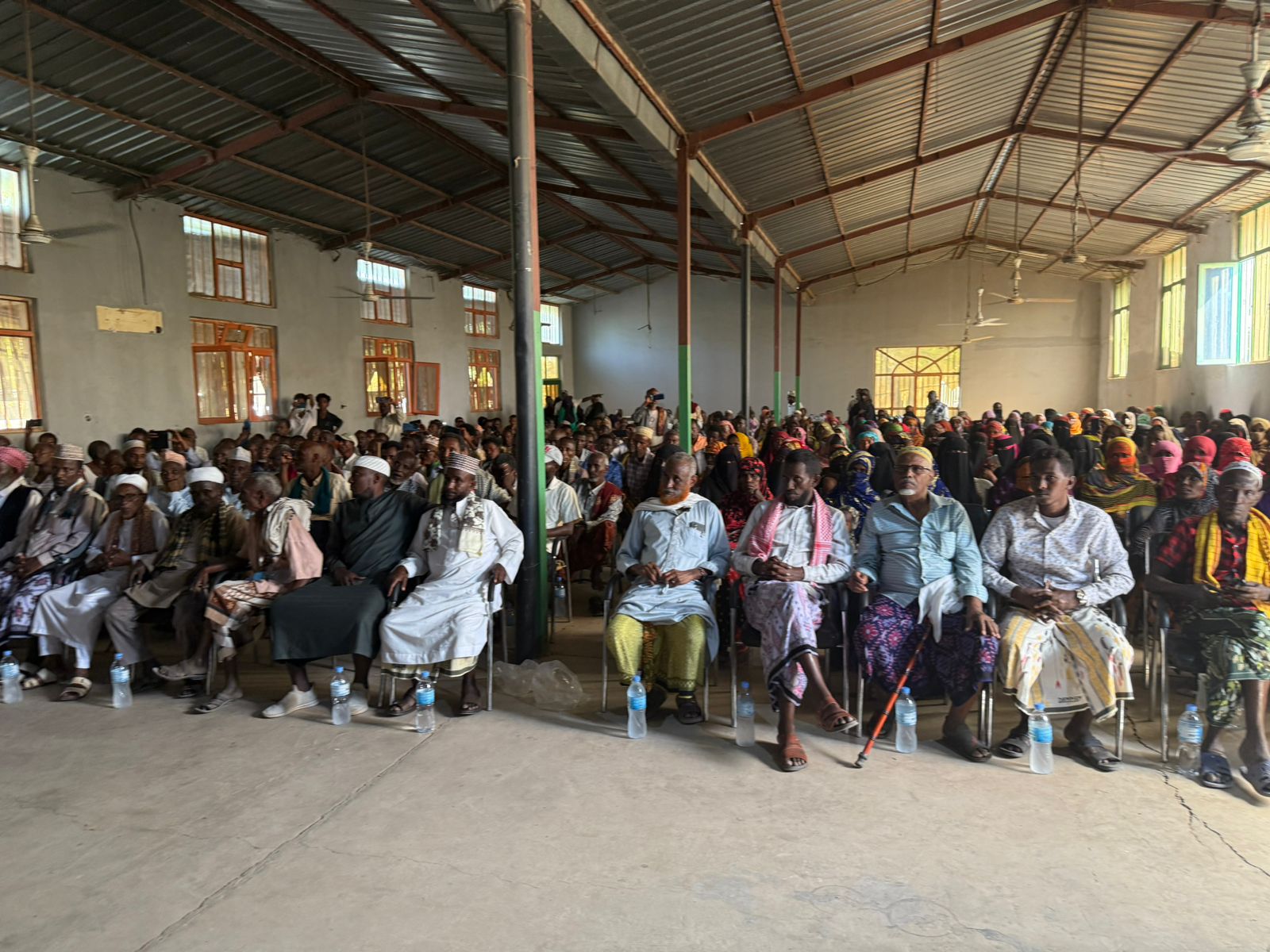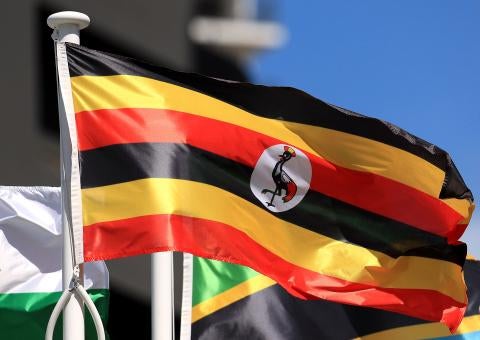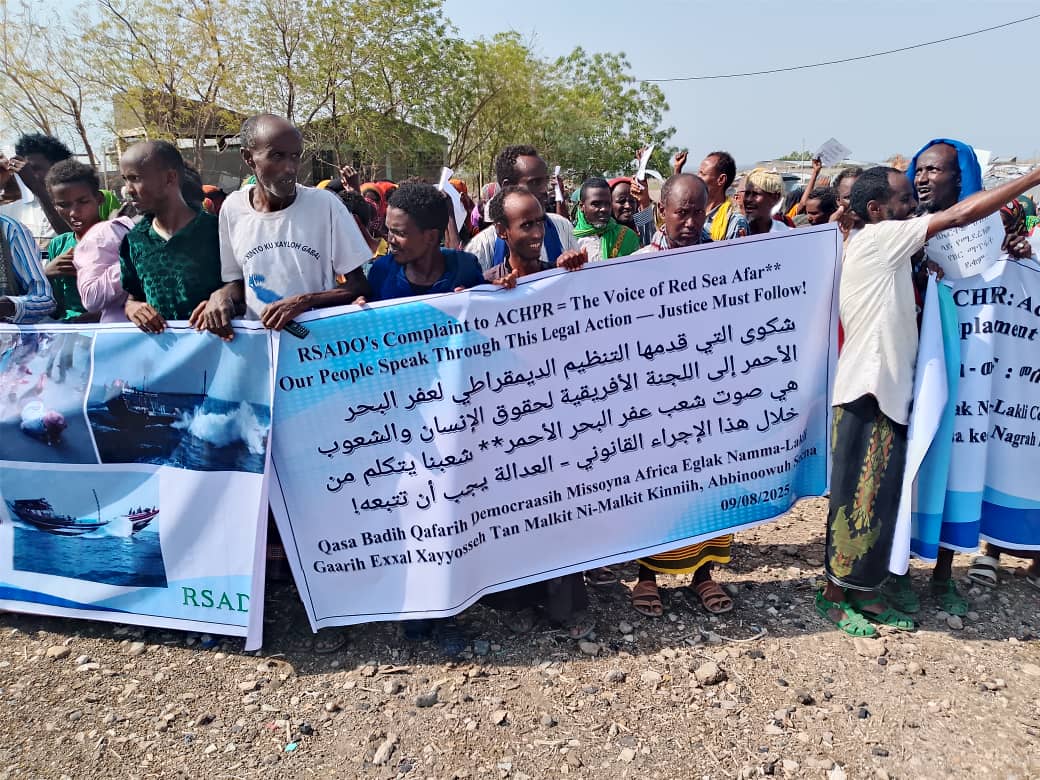By EFREM TESFAGABR
The Eritrean Red Sea Afar People’s General Conference, a landmark gathering organized by the Red Sea Afar Democratic Organization (RSADO), alongside affiliated youth, women, and civic associations, has concluded successfully in the city of Samara-Logiya, within Ethiopia’s Afar Regional State.
The conference brought together a diverse array of participants, including refugee representatives, tribal elders, intellectuals, and leaders from across the Red Sea Afar community and diaspora.
This gathering marked a decisive moment in the struggle for justice, rights, and recognition for the Red Sea Afar people—a community with a deep historical and cultural presence along the strategic stretch of land from the Bori Peninsula to Rahayta.
For generations, the Red Sea Afar have lived as a united people, bonded by a common language, culture, and Islamic faith, preserving their way of life despite geopolitical shifts and regional conflicts.
A Betrayed Promise
During Eritrea’s armed liberation struggle, the Red Sea Afar people stood shoulder to shoulder with other ethnic groups in the hope that independence would usher in an era of democracy, peace, and equal rights.
However, in the years following independence, those hopes were dashed under President Isaias Afeworki leadership.
The ruling regime of the People’s Front for Democracy and Justice (PFDJ), led by President Isaias Afwerki, has systematically marginalized the Red Sea Afar population.
The conference final communique shared to The East African Daily, accused the Eritrean government of gross violations of human rights, including forced displacement, suppression of cultural identity, military conscription of the elderly, and the closure of borders that once allowed for economic and social exchange.
These actions, the statement says, contravene core tenets of the African Union Charter, particularly Articles 1 through 25, which enshrine civil, political, and economic rights.
Today, hundreds of thousands of Red Sea Afar people live in exile—residing in refugee camps such as Berahle and Aysaita in Ethiopia’s Afar region, as well as in Djibouti and Yemen—enduring hardship and deprivation.
Unified Call for Action
In a bold declaration, conference participants outlined a six-point resolution aimed at restoring dignity, justice, and autonomy to their people:
Continued Struggle for Liberation:
The Red Sea Afar people pledged to intensify their political and military resistance until the PFDJ regime is dismantled and their right to self-determination—including the option of secession—is guaranteed.
Support for RSADO:
The community reaffirmed its unwavering support for the Red Sea Afar Democratic Organization, which leads the resistance movement.
Refugee Rights Advocacy:
The statement demanded immediate improvements to the conditions of Red Sea Afar refugees, including access to registration, healthcare, education, and third-country resettlement opportunities.
Solidarity with Eritrean Opposition:
The Afar people called on all Eritrean citizens and opposition groups to unite in the effort to overthrow the authoritarian regime.
Appeal to the International Community:
Neighboring countries, regional powers, and global institutions were urged to condemn the Eritrean government’s actions and support the aspirations of the Red Sea Afar and the broader Eritrean population.
Rejection of Forced Assimilation:
Strong opposition was voiced against the PFDJ’s policy of “one people, one nation,” which the Red Sea Afar regard as an erasure of their distinct identity and heritage.
A Turning Point
The conference represents more than just a reaffirmation of past grievances—it signals a renewed phase in the Red Sea Afar people’s long-standing struggle for justice, dignity, and recognition.
As the region braces for possible further militarization and displacement, the Red Sea Afar are making it clear: they will not be silenced.
In closing, the organizers emphasized their readiness to make sacrifices in pursuit of a future where their people can live freely, in peace, and with the right to determine their own destiny.
“Our struggle is not only for our survival, but for our future as a people,” read the final statement. “Until our rights are recognized and our people liberated, we will not stop.”
Background on Eritrea’s Political Landscape
Independence and Founding:
Eritrea gained its independence from Ethiopia in 1993, after a 30-year armed struggle led primarily by the Eritrean People’s Liberation Front (EPLF), which later rebranded as the People’s Front for Democracy and Justice (PFDJ)—the country’s sole legal political party to this day.
One-Party State:
Since independence, Eritrea has been governed under a one-party authoritarian system.
The PFDJ has never allowed political pluralism, and no national elections have been held since the 1993 independence referendum.
The constitution ratified in 1997 has never been implemented, leaving the country without a functioning judiciary or legislature.
One Man Leadership:
President Isaias Afwerki has ruled Eritrea since 1993, making him one of the longest-serving unelected leaders in the world.
His government exercises tight control over all aspects of political, civil, and economic life.
Mandatory Military Service:
One of the most controversial and internationally condemned aspects of Eritrea’s governance is its indefinite national service program.
Initially introduced as an 18-month service, it has become open-ended conscription—with many citizens, including minors and elderly individuals, forced to serve for years under harsh conditions.
This policy has led to mass youth flight and widespread displacement.
Human Rights Record:
Eritrea’s government has been accused by the UN and numerous human rights organizations of committing crimes against humanity, including forced labor, torture, arbitrary detention, religious persecution, and severe restrictions on freedom of expression, movement, and belief.
Ethnic and Regional Tensions:
Minority groups such as the Red Sea Afar, Kunama, and others have faced systematic marginalization, displacement, and targeted oppression.
Their regions, rich in natural resources and strategically located, have also been heavily militarized.



